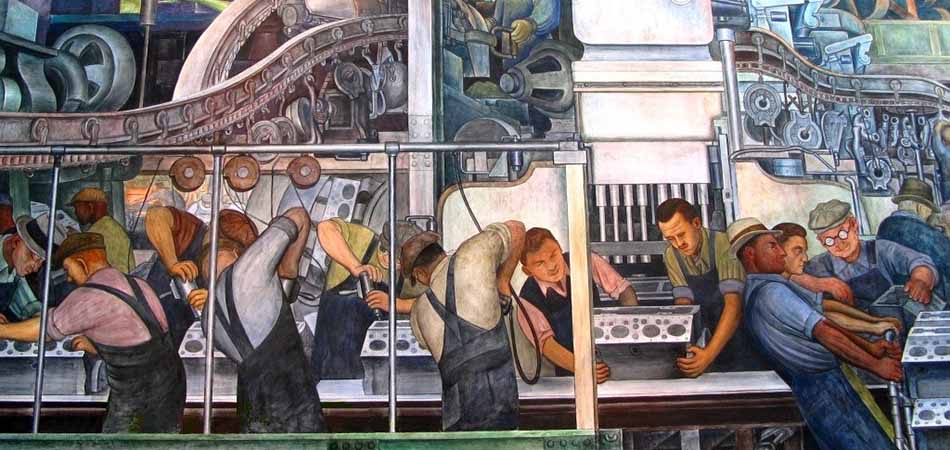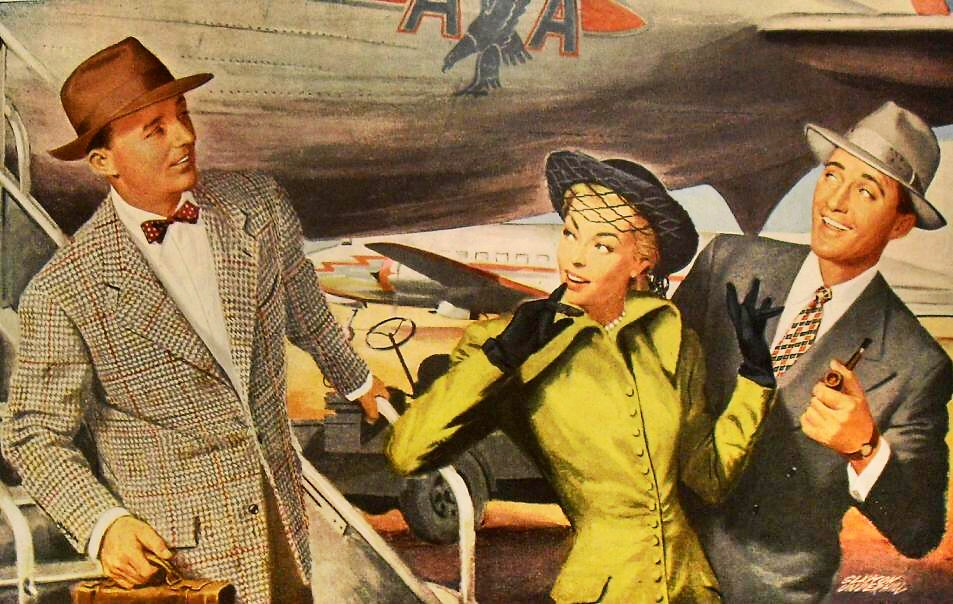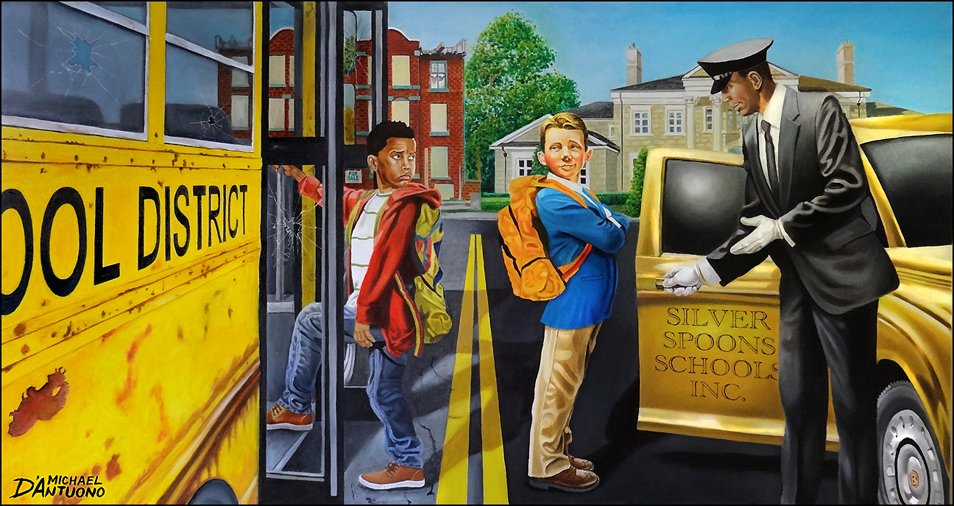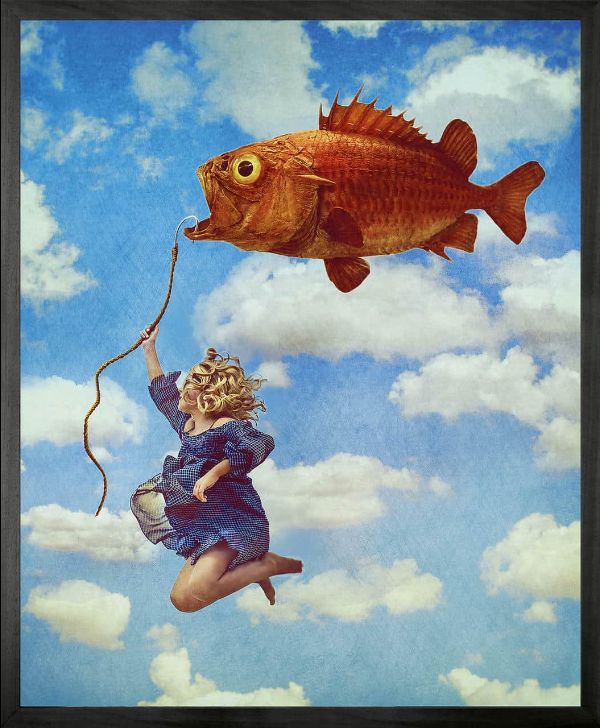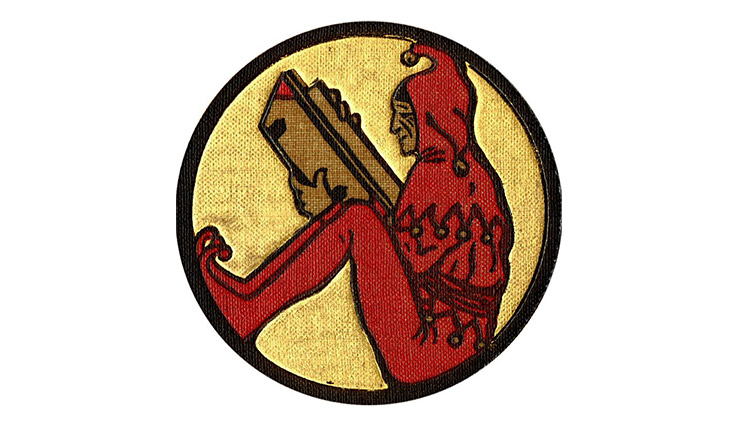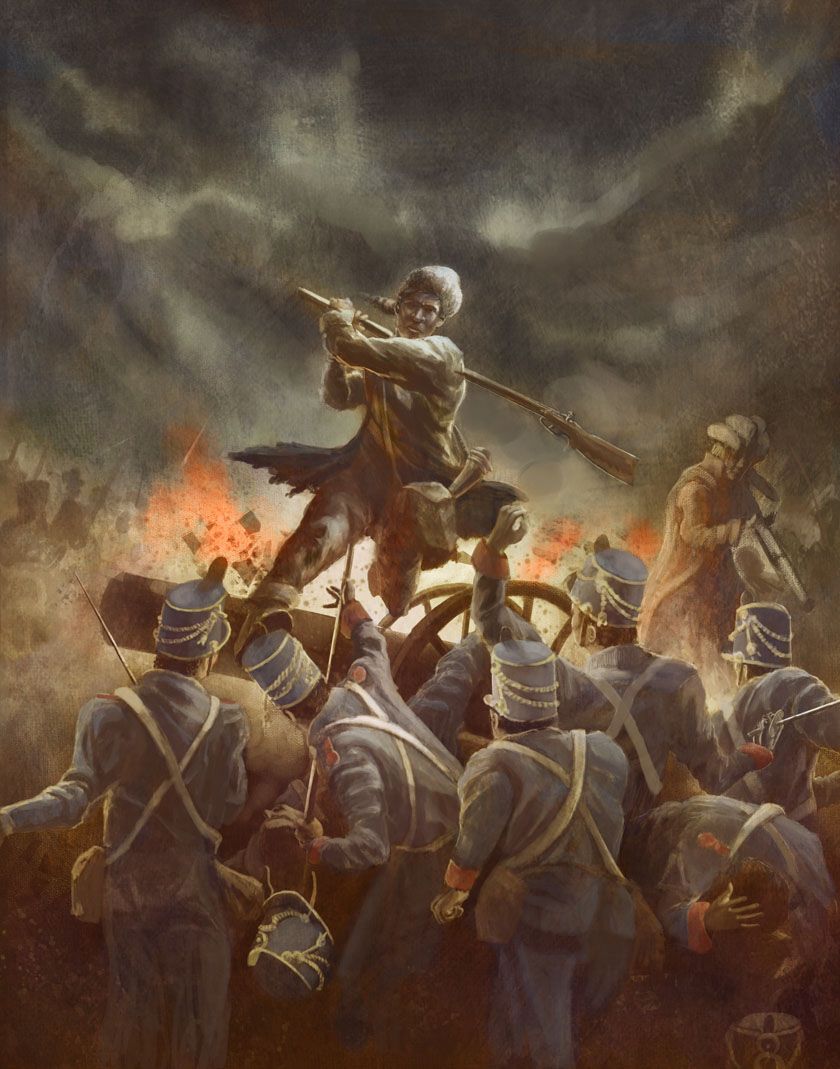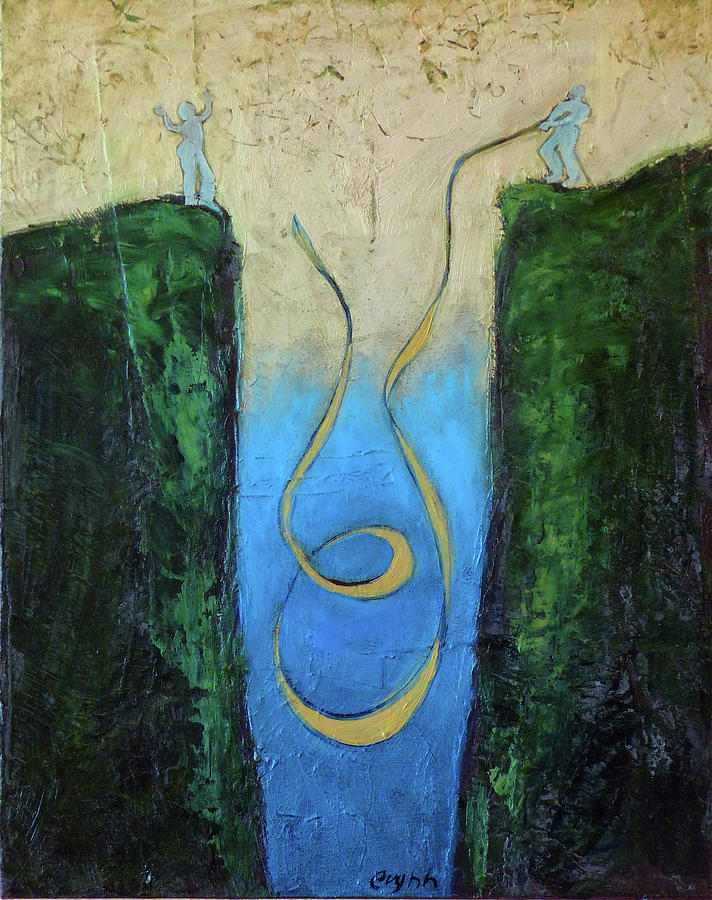-
Factories of Virtue
Every year (and sometimes more often) we read about the increasing speed of glacial melting, more species becoming extinct, square miles of the Sahara desert advancing and how many trees have been lost to deforestation. Along with those reports there is an annual study that records how many congregations have closed in the past years. The most recent Lifeway Research survey of 34 Protestant denominations suggests that more Protestant congregations have closed than opened. The 2019 pre-pandemic study found that 4,500 churches closed that year, while about 3,000 new congregations were started. There seems to be a climate change in church affiliation with fewer than half of Americans claiming membership…
-
Who Killed The Hat
When did men stop wearing hats? That’s a question asked by Russ Roberts in his book, “How Adam Smith Can Change Your Life.” It’s part of a larger question that concerns the dynamics of social change and how something as prevalent as men wearing hats can suddenly become a thing of the past. There is no one reason, of course. While some people have attributed the change to fashion leaders who influence our style, others think it was the growth of automobiles making hats inconvenient for getting in and out. Still others believe it was a long term invisible trend that finally became mainstream when John F. Kennedy did not…
-
Tell Me Less
Is it possible to be both generous and smart about it? Most of us would like to think so but some ongoing research suggests it may be harder than we realize. And while there may be things we can do to make sure our money doesn’t end up wasted, charity appears to be one area where we have to be extra careful not to let our brains get in the way. In other words, the old adage is true. “A little bit of knowledge can be a dangerous thing.” That’s counterintuitive, isn’t it? We normally think about not letting our hearts and emotions overly influence our giving. But it…
-
Class Traitors
You may have read recent articles about a growing group of young and affluent inheritors embracing giving that encourages their peers to disperse all of their inherited or excess income. They describe themselves as “class traitors” by turning their backs on family wealth and the unearned privileges they enjoy. The creation of great wealth often spurs an unexpected reaction in the next generation. During the 12th and early 13th centuries there was an explosion of both wealth and the formation of informal orders within the Catholic Church. One of the reasons for the founding of these monastic communities was a generation of young people turning away from the excesses of…
-
A Piece Of The Puzzle
Twenty years ago in our community it was considered normal that minority students would not finish high school much less go on to college. In fact, there was very little attention given to minority students expressing a desire for going beyond high school. A group of us began meeting and asking the question, “What would it take to increase the number of students who would be first in their family to attend college?” We did not focus on the dropout problem or limit our scope to minority students. We wanted to increase the number of “first in their family” students to enroll and then graduate from college. Over the following…
-
Great Expectations
In his book, “A Resilient Life”, Gordon MacDonald recounts his desire to run track for the Stony Brook School. The demanding coach, Marvin Goldberg, was not impressed with Gordon’s great natural talent as it was undisciplined and untested. Gordon waited for weeks for his name to be posted on the bulletin board as one selected for the team and then one day he heard his name called. Not Gordon but Gordie. “Upon hearing my new name, I headed in Goldberg’s direction. He was standing next to the white bulletin board. When I reached him, Goldberg put his hand on my shoulder and began to speak. As best as I can…
-
The Fool Will Stay
There are two kinds of fools in the world. One is the Biblical fool who is best described as a person with no self-control. He is “a larger child” governed by the impulse of the passing moment and with no ability to rule his tongue, emotions, pleasures or thoughts. He is stupid and self-conceited, and with no ability to see himself as he is, rushes to his own destruction hardly thinking at all about what awaits him. Many of the kings were fools and I’ve written before about Samson as a fool but a consecrated fool. God can use even the most tragic of fools. On the other hand, there…
-
We Happy Few
While it may be true that history is written by the victors, it is often the tragic last stands that capture our imaginations with the victors being forgotten. This is something of a sacred week in Texas for it was this month in 1836 that a group of 200 volunteer soldiers including Davy Crockett from Tennessee (“You can go to hell. I am going to Texas.”), Jim Bowie, and William Travis held out for thirteen days against a Mexican army of thousands. On the morning of March 6, the Mexican forces broke through a breach in the outer wall of the Alamo and overpowered them. Ordered to take no prisoners…
-
The Moment Between
The mix in the air sustaining us is 20% oxygen and 80% nitrogen. Oxygen is food for fire and nitrogen builds structure. We know too much oxygen is fatal and needs nitrogen’s stability but nitrogen needs oxygen’s ability to ignite. Every social and religious movement needs both and that is where the Apostle Paul and those who wanted to keep the new faith as part of the old conflicted. Paul was not just a breath of fresh air to Judaism. He was pure oxygen. The Swiss psychologist, Erik Erikson, studied men and women who start movements and wrote. “Virtually every leader of a movement for change has a San Andreas…
-
A String Around The Tree
I was born in 1946 – one year after Torrey Johnson Billy Graham and Chuck Templeton met and formed Youth For Christ. For years I heard the stories of how Chuck was in fact the better preacher and everyone expected him to “turn the world around.” Known as the “gold-dust twins” Billy and Chuck travelled and preached together to large crowds of teenagers until 1948. It was then that Chuck decided he wanted more theological training and tried unsuccessfully to recruit Billy to go with him to Princeton Theological Seminary. While Billy Graham wrestled through his own spiritual crisis at Forest Home Retreat Center in California and concluded that even…
